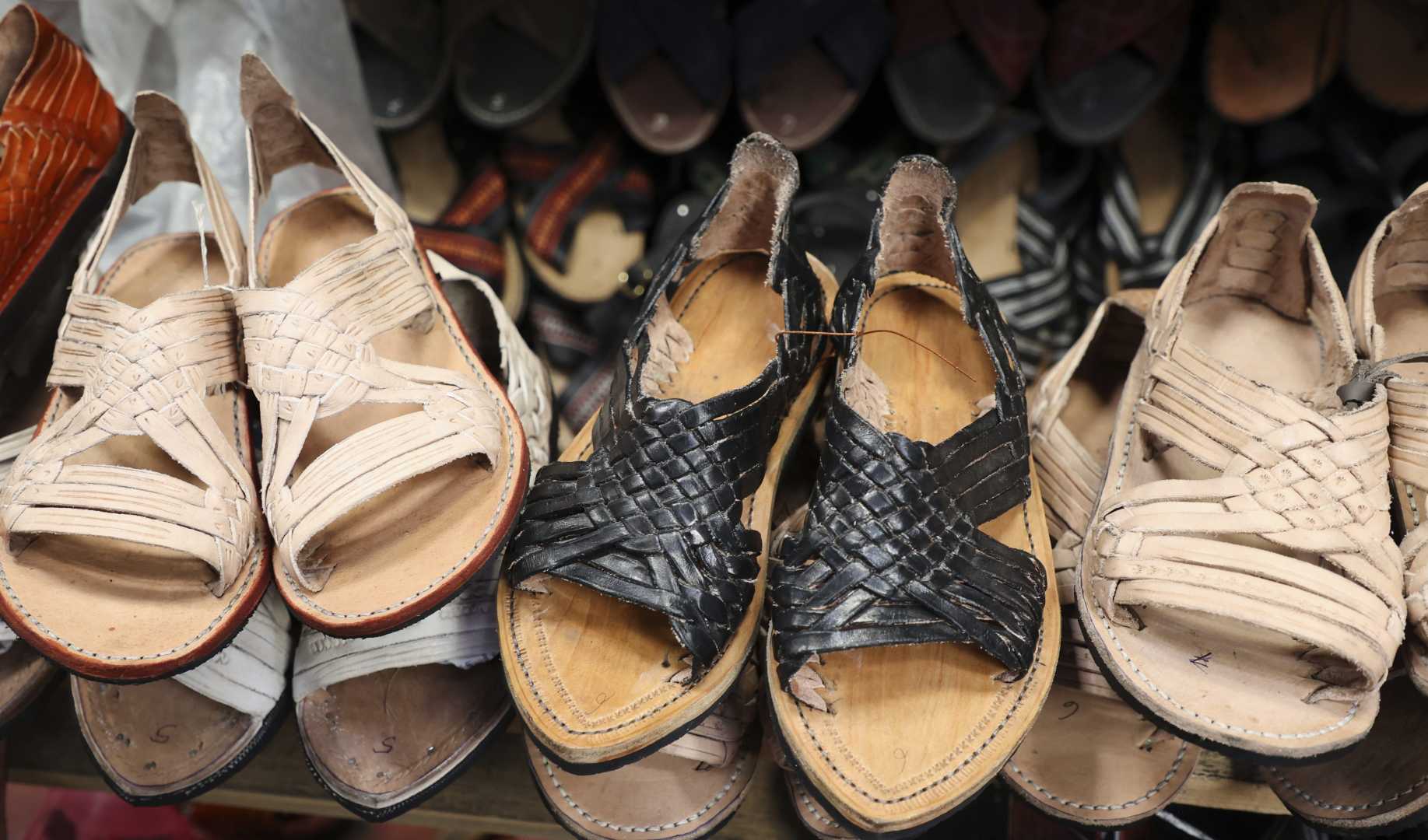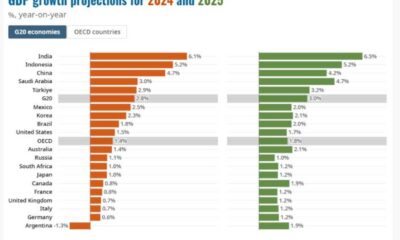Business
Adidas Faces Accusations of Plagiarism from Mexican Officials

MEXICO CITY (AP) — Mexican authorities are accusing Adidas of plagiarizing traditional Indigenous artisans, claiming that a new sandal design closely resembles the traditional footwear known as huaraches. This controversy has sparked allegations of cultural appropriation directed at the sportswear giant.
Local authorities in Oaxaca have asked Adidas to withdraw the sandals, which feature a design strikingly similar to the huaraches made by artisans in southern Mexico. It’s not the first time similar accusations have been levied against major brands for copying Mexican handicrafts.
Officials stated that discussions are already ongoing with Adidas to ensure compensation for the artisans affected by the alleged copying. The local government is also preparing legal reforms aimed at protecting traditional handicrafts from infringement.
The design in question is the “Oaxaca Slip-On,” created by U.S. designer Willy Chavarría for Adidas Originals. The sandals include thin leather straps braided in a style akin to that of traditional huaraches, though they deviate by having a thicker sole similar to sports shoes.
Mexican authorities argue that the design incorporates elements of cultural heritage specific to the town of Villa Hidalgo de Yalálag. Handicrafts play a vital economic role in Mexico, providing jobs to approximately half a million people nationwide and contributing about 10% of the GDP in states like Oaxaca, Jalisco, Michoacán, and Guerrero.
Viridiana Jarquín García, a huaraches artisan from Oaxaca City, described the Adidas shoes as a “cheap copy” of traditional craftsmanship. “The artistry is being lost. We’re losing our tradition,” she stated, showcasing her collection of handmade leather shoes.
The Oaxaca government has officially called for the “Oaxaca Slip-On” sandal to be withdrawn from the market and is seeking a public apology from Adidas. Officials labeled the design as an act of “cultural appropriation” that could violate existing Mexican laws.
Oaxaca state Governor Salomón Jara Cruz criticized Adidas in a public letter, asserting that “creative inspiration” cannot justify the misuse of cultural expressions that are significant to local identities. “Culture isn’t sold, it’s respected,” he added.
In response, Adidas acknowledged the concerns raised and expressed a desire to collaborate with local officials to address the situation. The company stated that they “deeply value the cultural wealth of Mexico’s Indigenous people” and are committed to repairing any damage done.
This controversy arises amidst ongoing efforts by Mexico’s government and its artisans to challenge global fashion brands that they believe infringe upon traditional designs. In 2021, for instance, the government sought explanations from brands like Zara and Anthropologie for selling products that resembled clothing made by Oaxaca’s Indigenous communities.
Mexican authorities are now striving to establish stricter regulations to safeguard artists while also exploring partnerships that allow for fair collaboration with companies with extensive commercial reach.












